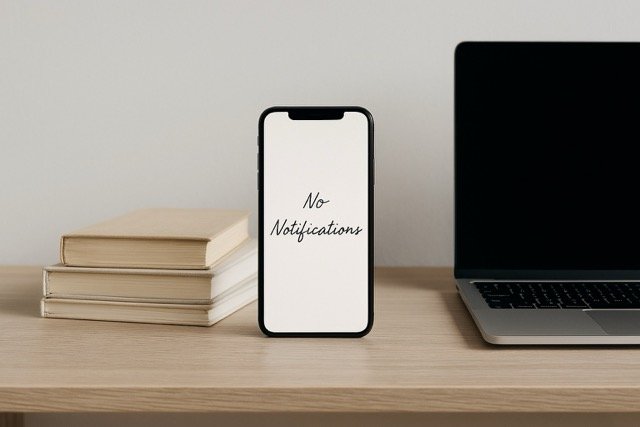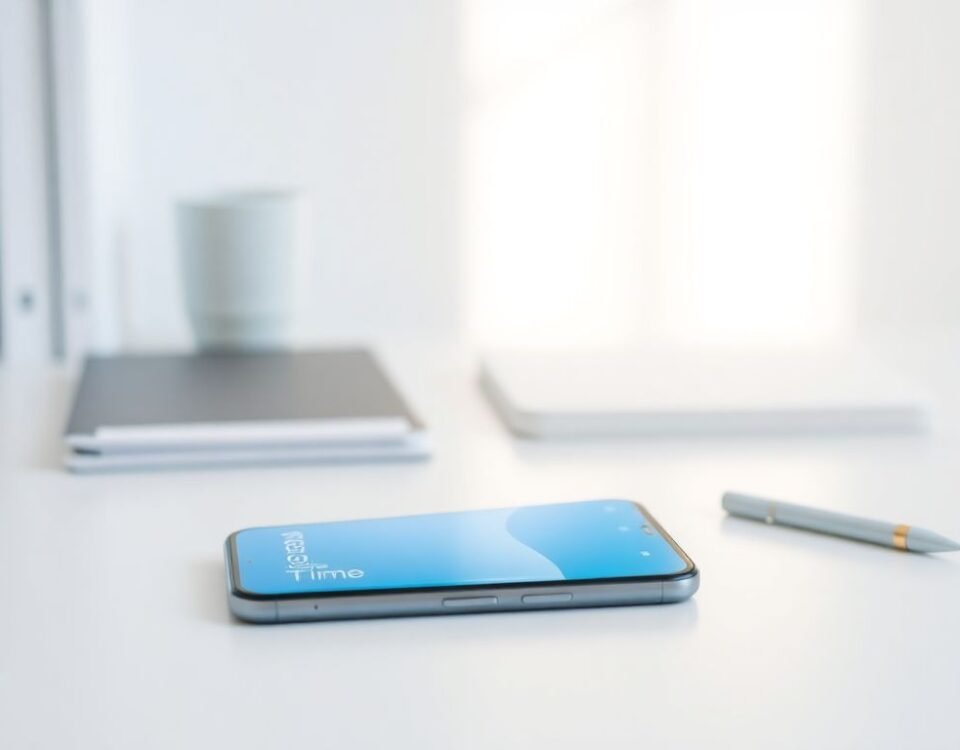
Social Media Wellbeing: Finding Balance in a Digital World
February 21, 2026
Mastering iPhone Screen Time – The Ultimate Guide
February 21, 2026
Introduction
In today's digital age, screens are everywhere—smartphones, tablets, computers, and TVs dominate our daily routines. While these devices offer convenience and connectivity, excessive screen time can negatively impact our health and well-being.
This article explores effective strategies for managing screen time and finding balance in a digital world.
How Much Screen Time Is Too Much?
Understanding screen time is crucial in today's digital world. Screen time refers to the duration spent engaging with devices like smartphones, computers, tablets, and televisions. This includes activities such as browsing the internet, watching videos, playing games, and using social media.
Recent studies indicate that adults may spend up to 11 hours daily in front of screens, encompassing both work and leisure activities. This significant portion of our day dedicated to screens underscores the importance of mindful usage.
The Impact of Excessive Screen Time
Physical Health Consequences
- Eye Strain and Discomfort: Spending too much time staring at screens can really do a number on your eyes. You might notice they feel dry, irritated, or that your vision gets a bit blurry. That’s digital eye strain at work.

- Sleep Disruption: Ever find it hard to fall asleep after a long evening of screen time? The blue light from our devices can mess with melatonin production, the hormone that helps regulate sleep, leading to restless nights and even insomnia.
- Sedentary Lifestyle Risks: Sitting for long periods while using screens can contribute to a sedentary lifestyle. This lack of movement is linked to obesity and other health problems, which can sneak up on you if you’re not careful.
Blue light glasses may help some individuals reduce eye strain, but it's also important to take regular breaks and adjust screen settings to minimize discomfort
Best Blue Light Glasses
Mental Health Effects
- Increased Anxiety and Stress: Our digital lives are filled with constant notifications and endless information streams. This can ramp up stress levels and make us feel more anxious, as we're always 'on' and reacting to the next thing.
- Impaired Cognitive Function: Spending too much time on screens can also impact our brain function. It’s been linked to shorter attention spans and memory issues, making it harder to focus and recall information.
The Benefits of Managing Screen Time
Enhanced Physical Health
Cutting back on screen time can give your body a much-needed boost. When you're not glued to a screen, you’re more likely to get up and move around, which improves overall health and lowers the risk of chronic conditions. Think of it as giving yourself the gift of better health, one less hour of screen time at a time.
Improved Mental Well-being
Limiting your screen exposure can do wonders for your mental health. It can help reduce feelings of anxiety and depression, leaving you in a more positive and balanced mental state. Imagine feeling lighter and less stressed, simply by cutting down on those endless scrolling sessions.
Better Sleep Quality
Creating a screen-free zone before bedtime can significantly enhance your sleep quality. When you avoid screens before bed, you’re setting yourself up for a night of better, more restful sleep. This translates to more energy and focus during the day, helping you tackle whatever comes your way with a fresh mind and body.
Practical Strategies for Effective Screen Time Management
Establish Time Limits: Use device settings or apps to set daily screen time limits, ensuring a balanced approach to digital consumption.
Mindful Consumption: Be selective about the content you engage with, focusing on positive and productive material.
Engage in Physical Activity: Use breaks to stand, stretch, or take short walks, counteracting the effects of prolonged sitting.
App Limitations: Set specific time limits for apps that tend to consume excessive time, promoting healthier habits.
Creative Endeavors: Explore creative outlets such as painting, reading, or playing a musical instrument to occupy time away from screens.
Community Involvement: Participate in local events or volunteer opportunities to engage with others in meaningful ways.
Set Up Focus Modes: Utilize features that limit interruptions during designated focus times, enhancing productivity.
Open Discussions: Talk about the importance of screen time management with family and peers to promote collective well-being
Recognizing When to Seek Professional Help
Identifying Signs of Screen Addiction
-
Compulsive Usage: Inability to control screen time despite negative consequences.
-
Neglect of Responsibilities: Prioritizing screen use over essential daily tasks and obligations.
Consulting Healthcare Providers
-
Professional Assessment: Seek guidance from healthcare professionals if screen use negatively impacts your health or quality of life.
-
Therapeutic Interventions: Explore counseling or therapy options to address underlying issues contributing to excessive screen time.
Conclusion
Managing screen time is crucial in maintaining a healthy and balanced lifestyle in our digital age. By setting clear boundaries, prioritizing essential use, incorporating regular breaks, and engaging in offline activities, we can mitigate the adverse effects of excessive screen exposure.
Remember, the goal isn't to eliminate screens from our lives but to use them mindfully and purposefully.






